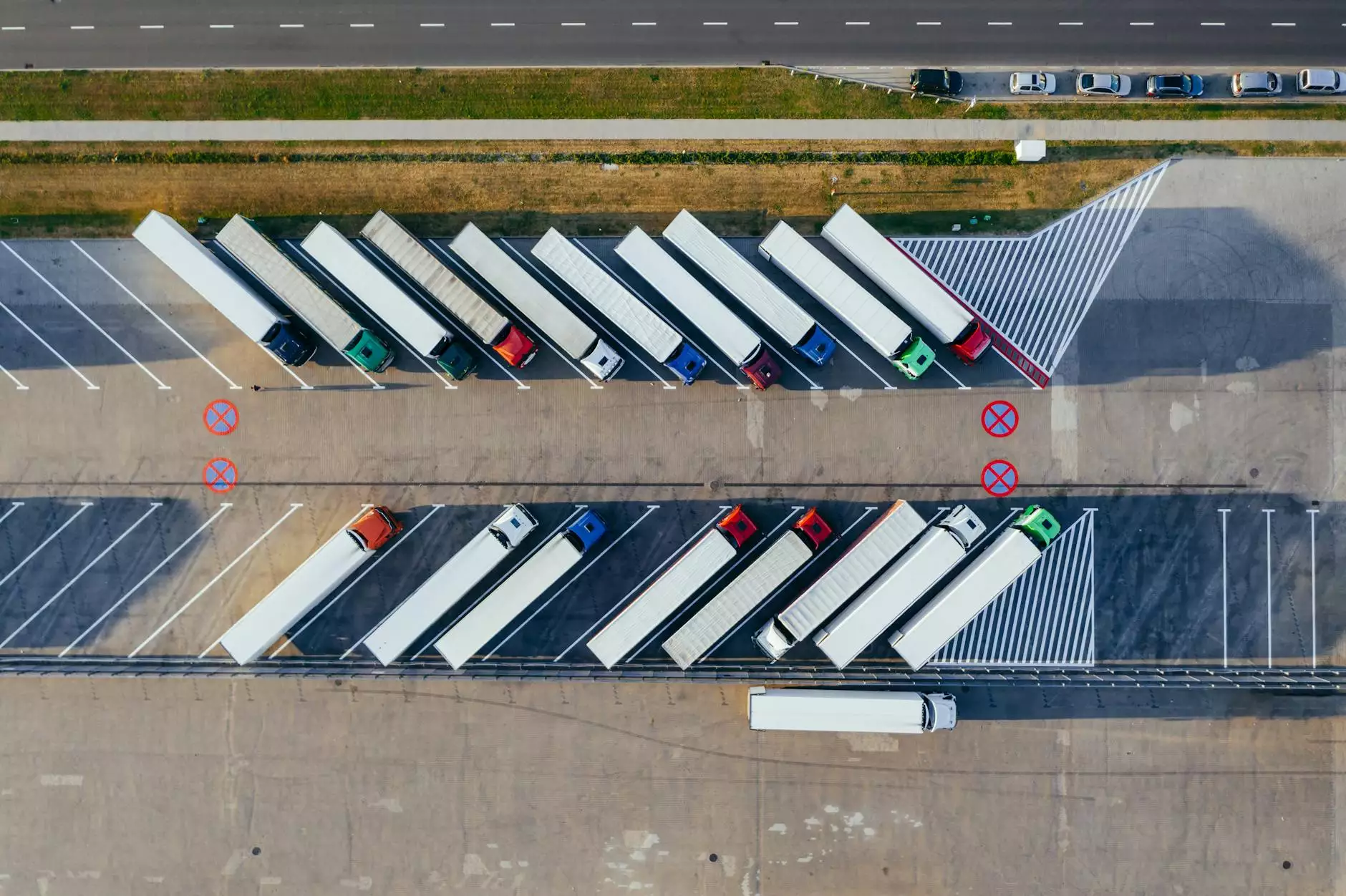Understanding Air Cargo Costs: A Comprehensive Guide

What Are Air Cargo Costs?
The term air cargo costs refers to the expenses incurred when transporting goods via air. These costs can vary significantly based on a multitude of factors including the size and weight of the shipment, the nature of the goods, the distance traveled, and the type of service used. In this guide, we will delve into the components that contribute to air cargo costs and provide strategies to manage them effectively.
Key Components Influencing Air Cargo Costs
Understanding the components that influence air cargo costs can help businesses make informed decisions regarding their shipping strategies.
1. Weight and Dimensions of the Cargo
The weight and size of your shipment are critical components used by carriers to calculate costs. Generally, the greater the weight and dimensions, the higher the cost. Carriers often use a concept known as dimensional weight to determine the chargeable weight of a package, which is calculated based on the volume of the package relative to its actual weight.
2. Distance and Route
The distance to the destination is another primary factor impacting air cargo costs. Longer distances usually incur higher costs due to increased fuel consumption and operational expenses. Additionally, the specific route and the demand on that route can also affect pricing. Some routes are more cost-effective than others based on carrier frequency and competition.
3. Type of Goods Shipped
The nature of the goods set additional parameters for shipping costs. Items that require special handling, such as perishable goods, hazardous materials, or fragile items, often incur higher fees due to the extra care and compliance with safety regulations required during transit.
4. Service Type and Speed
A major factor affecting air cargo costs is the type of service selected. Premium services, such as express or next-day delivery, will generally cost more than standard shipping options. The speed of delivery requested can significantly influence overall expenses.
5. Insurance and Duties
Consideration for insurance is crucial in protecting high-value shipments. The cost of insuring the cargo, alongside any applicable customs duties and taxes, adds another layer to the air cargo costs. Businesses must account for these expenses when calculating total shipping budgets.
Strategies to Optimize Air Cargo Costs
Managing air cargo costs effectively can not only lower overall shipping expenses but also enhance overall operational efficiency. Here are several strategies businesses can adopt:
1. Choose the Right Freight Forwarder
Partnering with a reliable freight forwarder can provide insight into the best shipping methods and options available. They can help negotiate rates based on the volume of shipments and consolidate them to leverage better pricing.
2. Utilize Technology
Investing in logistics software can help businesses track shipments in real time, optimizing routes and adjusting shipping strategies based on performance data. By having access to comprehensive data, businesses can make informed decisions to reduce air cargo costs.
3. Consolidate Shipments
Whenever possible, consolidating smaller shipments into a single larger shipment can yield savings in transportation costs. This strategy can maximize container space utilization and minimize overall expenses.
4. Negotiate Contracts
Regularly reviewing and negotiating freight contracts can lead to reduced rates. Contracts that reflect volume discounts or longer-term commitments can significantly impact overall air cargo costs.
The Role of Technology in Air Cargo Management
Technology plays a pivotal role in optimizing air cargo operations. From booking systems to tracking and management software, utilizing advanced technology can lead to savings and improved service delivery in shipping processes.
1. Automated Booking Systems
Online platforms, such as cargobooking.aero, provide businesses with the ability to automate the booking process, reducing administrative overhead and allowing for real-time pricing comparison across multiple carriers. This feature helps in determining the most cost-effective transportation solution.
2. Tracking Shipment in Real-Time
Tracking technology enables businesses to monitor the status of their shipments, thereby enhancing transparency and mitigating surprises. Understanding the exact location and expected delivery time of shipments allows businesses to make timely decisions.
Examples of Air Cargo Costs for Different Types of Shipments
To illustrate how air cargo costs can vary, here are examples based on different types of shipments:
- Small Package (up to 10 kg): Typically ranges from $50 to $500, depending on destination, with express services costing more.
- Medium Sized Shipment (100 kg): Generally incurs costs between $500 and $2,500, highly influenced by cargo dimensions and required service speed.
- Large Shipment (1,000 kg and above): Costs can range significantly from $2,500 to over $10,000 based on distance, service type, and cargo nature.
The Future of Air Cargo Pricing
The landscape of air cargo costs continues to evolve. Trends such as environmental sustainability, digital transformation, and changing regulation are reshaping how costs are structured and perceived in the industry.
1. Sustainability Efforts
As businesses increasingly recognize the importance of sustainability, there is a growing trend toward utilizing eco-friendly practices, which may initially affect pricing structures due to the investments required for these initiatives.
2. Adoption of Digital Tools
Digital tools are revolutionizing how stakeholders manage air cargo logistics, driving efficiency and transparency. In the coming years, we can expect further enhancements to technology that will streamline cost calculations and booking processes.
3. Regulation Changes
As governments impose stricter regulations on air cargo operations, businesses must stay informed about how compliance will impact air cargo costs. This preparedness will aid in strategic planning and budgeting.
Conclusion
Understanding air cargo costs is essential for any business looking to optimize their shipping strategy. By analyzing the various components that contribute to these costs and employing strategic measures to manage them, businesses can achieve significant savings and operational efficiency. In an ever-evolving logistics landscape, staying informed and adaptable is key to maintaining a competitive edge.
Take Action Today!
For those interested in minimizing their air cargo costs, consider exploring the diverse services offered at cargobooking.aero. By leveraging our expertise and technology, we can help streamline your shipping processes and optimize your logistics strategy for maximum savings and efficiency.









